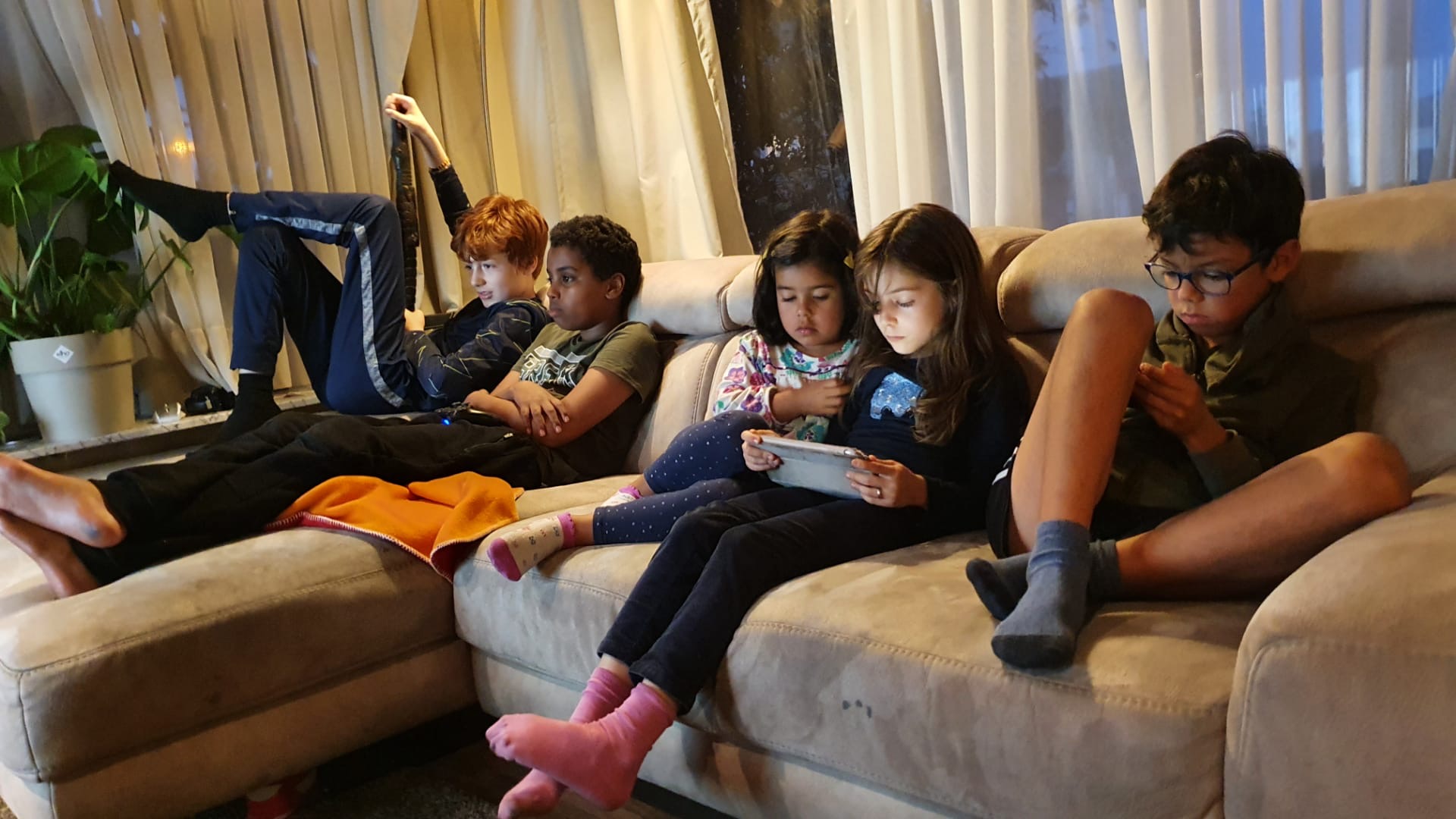 Ofcom has just released a new report on the use of government and public services online. Lawyer and current LSE MSc student Anri Van Der Spuy, has looked at the report and discusses what the findings show about “participation” in society and online.
Ofcom has just released a new report on the use of government and public services online. Lawyer and current LSE MSc student Anri Van Der Spuy, has looked at the report and discusses what the findings show about “participation” in society and online.
On 5 November Ofcom published its Internet Citizens Report 2013 showing how UK citizens make use of certain citizen-orientated services and content on the Internet. While the report offers some interesting and hopeful findings, it raises questions about whether online participation has become a prerequisite for participating ‘fully’ in society. And if yes, what does this mean for the digital underclass?
In the report Ofcom identifies some core services and content that citizens should have access to “in order to participate fully in society”. It specifically recognizes government and politics, health information, media, culture, and libraries as vital categories for democratic and societal participation.
The report acknowledges that citizens may make use of these services for purposes other than democratic or societal ones; and that it is inherently difficult to create a holistic list of online services and content of such a nature. For this reason, grassroots citizens’ initiatives are, for instance, excluded.
Many still excluded & not online
So what do the levels of participation look like in the UK? In the report, Ofcom repeats previously reported findings that as of March 2013, 82% of UK citizens make use of the Internet. The findings show that the groups of people traditionally excluded are gaining ground – or, shall we say, bandwidth.
These groups include people aged 75 or more and people belonging to the socio-economic group defined as semi-skilled or unskilled manual workers, casual workers, those without a regular income, or those on the lowest levels of subsistence, including people dependent upon the state in the long-term. As Ellen Helsper recently argued however, the ‘digitally excluded’ and the ‘digitally disengaged’ – those 18% not making use of the Internet and the uncounted percentages not making beneficial use of the Internet – are those we, and Ofcom, should perhaps be concerned about.
Many online are not “participating”
The citizens who do make use of the Internet tend to focus on the social rather than the democratic or societal potential of the online world. In terms of what people are doing online, Ofcom’s findings show that using social media is the most popular activity on the Internet; reaching 91% of UK internet users by March 2013. Almost two-thirds of UK internet users have profiles on social networking sites, with 76% of UK internet users visiting Facebook.
The citizen-orientated categories Ofcom identifies as having a public participation potential, like education, health and government sites, have a much lower active audience reach. These websites are only visited by between 40 and 80% of internet users in the UK.
Government is going social
To reach these (social) citizens, public organisations have turned to social media themselves – and citizens seem to be accessing the information offered on these platforms. As of 5 October 2013, the UK government had over 125,000 Twitter followers. As of 5 November 2013, the UK government’s Twitter followers had risen to over 145,000. That’s an increase of 16% in one month.
Besides government and Twitter, Ofcom’s findings pertaining more specifically to government services are interesting, particularly in light of the touted potential of the Internet as a space for government to interact with citizens. Nearly half of Internet users above 15 years of age use some kind of government website (defined by the ‘.gov’ suffix), although people from older age groups are more inclined to use these websites.
Only 20% of UK adults are making use of the government ‘portal’ for services and content, GOV.UK, which provides services and content pertaining to a broad range of topics like benefits, births, deaths, passports, driving and travel, education and citizenship. Taxes remain the other online certainty, with the HM Revenue and Customs (HMRC) website having the largest unique audience of all government websites after that of GOV.UK.
Encouraging participation?
Ofcom has a mandate for improving media literacy derived from the 2003 Communications Act, but encouraging participation is not just about improving the literacy of internet users. To encourage full and further participation in society through the internet, Ofcom and policymakers need to look at why the amount of people making use of online government services and content, for instance, is still relatively limited as opposed to usage of other content like social media. And core service providers will need to consider how to make their services and content offered online more accessible, relevant and user-friendly.
With online participation becoming an important aspect of more comprehensive participation in society, the services offered by government websites and other public services need to be relevant enough to not only make sense to the people already online, but also to the less digitally capable. Otherwise the digital underclass will simply be left behind.
This article gives the views of the author, and does not represent the position of the LSE Media Policy Project blog, nor of the London School of Economics.




